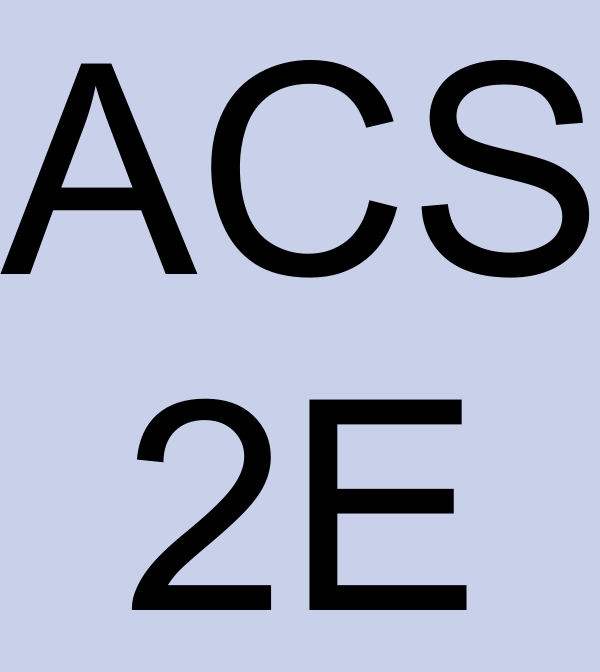Preview Activity 8.4.1.
Let
\begin{equation*}
T(x) = 3 - x + \frac{1}{3}x^2 - \frac{1}{9}x^3 + \cdots + 3 \cdot \left(- \frac{1}{3} \right)^n x^n + \cdots\text{.}
\end{equation*}
(a)
(b)
Recall that the sum of an infinite geometric series with first term \(a\) and constant ratio \(r\) is \(S = \frac{1}{1-r}\text{,}\) provided \(|r| \lt 1\text{.}\) Use this result to find a single fraction that represents the value of \(T(x)\text{.}\) For which values of \(x\) is this representation valid?
(c)
Consider the function \(f(x) = 9 (3 + x)^{-1}\text{.}\) Determine \(f(0)\text{,}\) \(f'(0)\text{,}\) \(f''(0)\text{,}\) and \(f'''(0)\text{.}\) What is the degree \(3\) Taylor polynomial centered at \(0\) for the function \(f(x)\text{?}\)
(d)
How is your work in (c) connected to the original given series \(T(x)\text{?}\)

